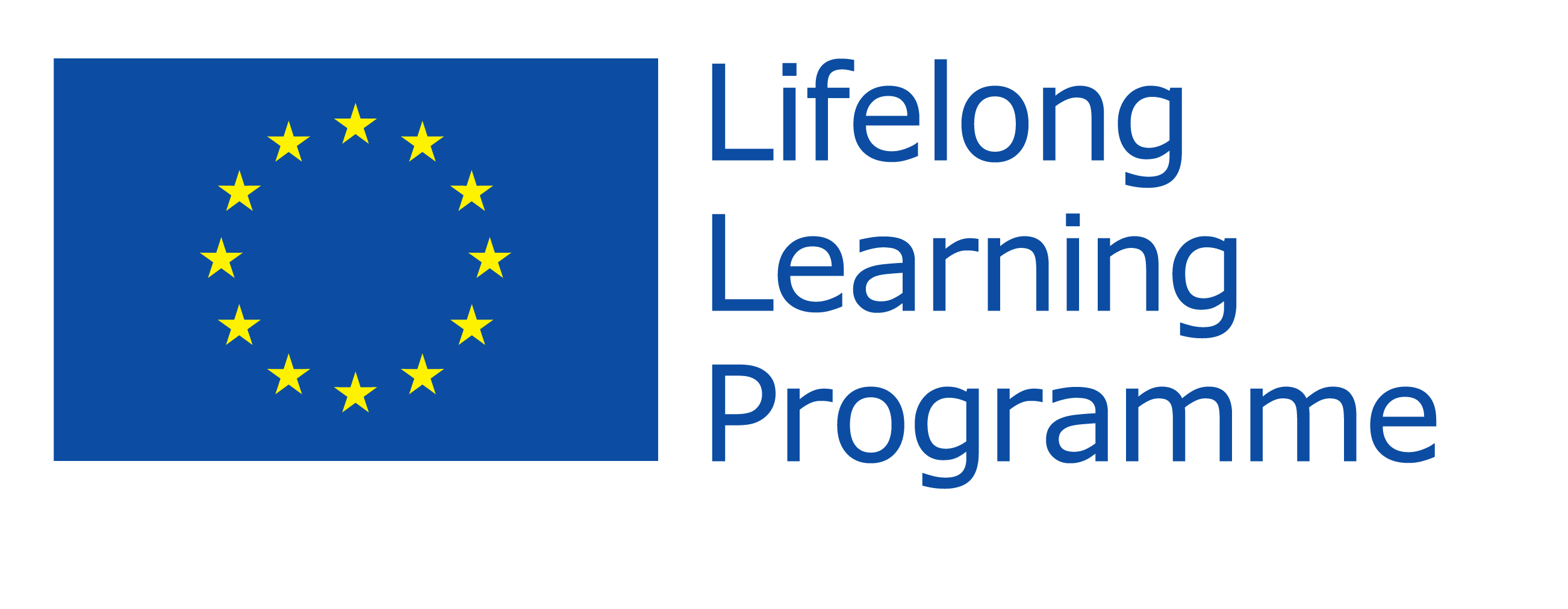Lifelong learning is one of the key concepts of the EU, and the EC recommends the promotion of access and participation in lifelong learning for all, starting with the 1996 European Year of Lifelong Learning and continuing with the Feira (2000) and Lisbon (2000) European Council proceedings. Likewise, the Europe 2020 strategy aims to create value through growth based on knowledge, to promote the role of citizens in inclusive societies, and to guarantee their access to lifelong learning, while the initiative A Digital Agenda for Europe declares that it is important to support digital literacy, skills and inclusion.
In line with these guidelines, this project aims to promote active citizenship through the use of Information and Communication Technologies, and to favour cultural and intergenerational exchange in order to continue building the knowledge society. The main values underlying our project are Creativity and Innovation. ICTs are one of the core aspects of most of our partner organisations.
The activities that will be carried out in the project are a series of transnational meetings in which to pool practices and knowledge, combined with educational workshops on citizen participation through ICTs and improving skills for democracy. Our target groups include: women (migrant and socially engaged, etc), senior citizens and adults who have had limited educational opportunities.
This partnership has arisen from previous collaborations among some of the participating organisations (specifically, there have been joint symposiums in the following countries: Italy, Great Britain, Germany, Hungary, Slovenia and Spain), and from a shared commitment to promoting active citizenship on the net. In order to be part of public life in today’s world, people need to have certain kinds of knowledge and codes in order to use networks and position themselves favourably within them. Given the highly satisfactory results of past collaborations, we decided to create this joint project in order to generate new knowledge around ICTs and citizen participation, and to pool and share the knowledge of the different organisations.
The motivation for a project of this kind also arose because the partner organisations, each in its own context, have become aware of the need to generate more spaces in which to increase knowledge of the tools that the Net offers, and that favour citizen participation. Furthermore, we also believe that projects such as this one can help to reduce the digital divide.
We believe that implementing a joint project will strengthen the European scope of our actions, while the pooling of experiences and practices will result in an improvement of the quality of our work in the local context.





